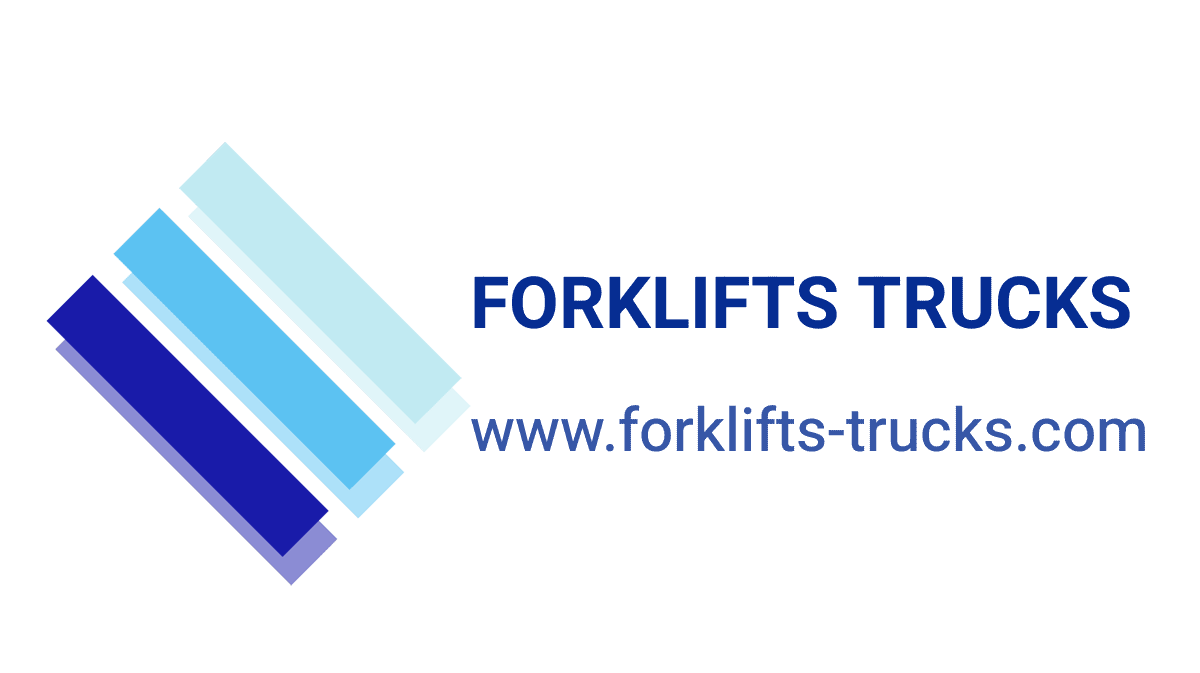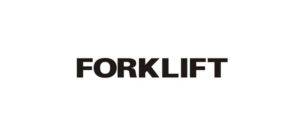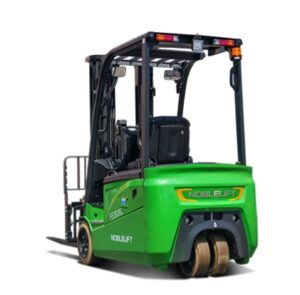When comparing lithium-ion battery forklifts to internal combustion (IC) forklifts, there are several key factors to consider, including performance, cost, maintenance, and environmental impact. Here’s a detailed comparison:
### 1. **Power Source**
– **Lithium-Ion Battery Forklifts:**
– **Source:** Powered by rechargeable lithium-ion batteries.
– **Performance:** Offers consistent power output, even as the battery discharges.
– **Internal Combustion Forklifts:**
– **Source:** Typically powered by diesel, gasoline, or propane.
– **Performance:** Power can fluctuate depending on fuel quality and engine efficiency.
### 2. **Operational Efficiency**
– **Lithium-Ion Battery Forklifts:**
– **Charging Time:** Fast charging capabilities, often reaching 80% in 1-2 hours.
– **Run Time:** Generally longer run times between charges with minimal downtime.
– **Internal Combustion Forklifts:**
– **Fueling Time:** Refueling is quick but may require more downtime for fuel delivery and management.
– **Run Time:** Can run continuously as long as fuel is available, but tanking can take additional time.
### 3. **Cost Considerations**
– **Lithium-Ion Battery Forklifts:**
– **Initial Cost:** Higher upfront cost due to advanced technology.
– **Operational Cost:** Lower operating costs over time due to energy efficiency and reduced maintenance needs.
– **Internal Combustion Forklifts:**
– **Initial Cost:** Generally lower upfront cost, making them attractive for budget-conscious buyers.
– **Operational Cost:** Higher ongoing costs due to fuel, maintenance, and emissions management.
### 4. **Maintenance**
– **Lithium-Ion Battery Forklifts:**
– **Maintenance Needs:** Requires minimal maintenance; no need for oil changes or fuel system upkeep.
– **Battery Maintenance:** Some monitoring may be necessary, but overall less involved than IC engines.
– **Internal Combustion Forklifts:**
– **Maintenance Needs:** Requires regular maintenance, including oil changes, filter replacements, and engine checks.
– **Fuel System Maintenance:** More complex due to the need to manage fuel systems and emissions controls.
### 5. **Environmental Impact**
– **Lithium-Ion Battery Forklifts:**
– **Emissions:** Zero emissions during operation, making them suitable for indoor and environmentally sensitive areas.
– **Energy Source:** The overall environmental impact depends on the energy source used for charging.
– **Internal Combustion Forklifts:**
– **Emissions:** Produces greenhouse gases and other pollutants during operation, making them less suitable for indoor use without proper ventilation.
– **Noise Pollution:** Generally noisier than electric forklifts, which can be a concern in some environments.
### 6. **Ergonomics and Operator Comfort**
– **Lithium-Ion Battery Forklifts:**
– **Operator Comfort:** Typically features quieter operation and less vibration, which can enhance operator comfort and productivity.
– **Internal Combustion Forklifts:**
– **Operator Comfort:** Can be noisier and may produce more vibration, potentially leading to operator fatigue.
### 7. **Applications**
– **Lithium-Ion Battery Forklifts:**
– **Best For:** Indoor environments, warehouses, and facilities requiring high maneuverability and reduced emissions.
– **Internal Combustion Forklifts:**
– **Best For:** Outdoor use, heavy-duty applications, and environments where refueling is convenient.
### Conclusion
Choosing between lithium-ion battery forklifts and internal combustion forklifts depends on various factors, including operational needs, budget, and environmental considerations. Lithium-ion forklifts offer superior efficiency, lower operating costs, and reduced environmental impact, making them ideal for many modern applications. In contrast, internal combustion forklifts may still be preferable in specific heavy-duty or outdoor environments where refueling is readily available. Ultimately, assessing your specific requirements will guide you in making the best choice for your operations.



